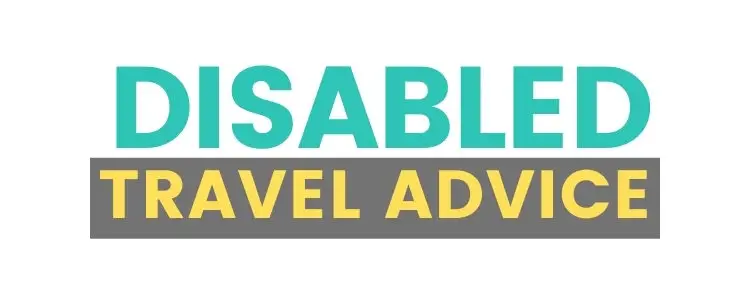Safari holidays are not just the exclusive activities of the able bodied, but these exciting breaks are now able to be enjoyed by many disabled people thanks to a number of companies who run small group tours (approximately no more than 6 people) for disabled travellers and their family and friends.
Guided safari tours in countries such as Kenya enable disabled holiday makers to explore the diverse beauty of a country, while retaining a leisurely pace in order that you can derive the maximum enjoyment from the holiday. Many safari holidays will commence on day two, as the first day is often needed to brief participants on what to expect and for travellers to book into their overnight accommodation and to recover from the effects of jet lag etc.
Deaf And Hearing Impaired Safari Travellers
Many safari tour operators are able to arrange for a sign language interpreter to accompany deaf and hearing impaired travellers, but this can prove to be expensive. If at all possible it may be worth considering, if a member of your family is travelling with you, to use them as an interpreter. Some deaf and hearing impaired travellers also worry about the possibility of not being able to hear wild animals, such as elephants, approaching the camp, which may then go on a rampage.
It is important to remember that wild animals are not vindictive towards humans and that the camp will be under constant supervision from your guides and staff. Despite their size, it is almost impossible for anyone to hear an elephant approaching, as they are very quiet when walking. Safari guides will often bring with them note books to write things down as an aid to communication.
Blind And Visually Impaired Safari Travellers
Some safari tours are designed to fit the needs of blind and visually impaired travellers by involving the other senses in the experience to attempt to create an impression of your surroundings. These tours make much use of touch, smell, taste and hearing. Due to regulations, introduced to prevent the spread of disease, that do not allow domestic animals into national parks your guide dog cannot accompany you. There would also be the added danger to your dog of attack from larger predators such as lions and leopards. Providing you listen to advice from the guides you are not at any greater risk on a safari holiday than a person without a disability
Safari Holidays For Wheelchair Users
Guides or other tour staff will usually be on hand, should you need it, to assist you with your wheelchair wherever possible. Most camps will have generators, enabling you to charge up you wheelchair’s batteries, although it is a good idea to bring an universal adapter with you after remembering to ensure it is compliant with your electric wheelchair’s connection.
Some adaptors will allow your wheelchair’s batteries to be charged as you are sitting in the safari vehicle. Providing you are deemed fit enough to travel, you will probably be permitted to travel alone, but it is recommended that you confirm this along with the operator’s fitness requirements.
On safari accommodation can be a large tent, complete with en-suite facilities such as a bucket shower and chemical toilet. This help ensures your safety, as there is no need for you to leave the tent during the night. The tents have enough room for wheelchair manoeuvrability and bed heights are fixed to enable smooth transfer from bed to wheelchair. It is however worth confirming this before you book your holiday

